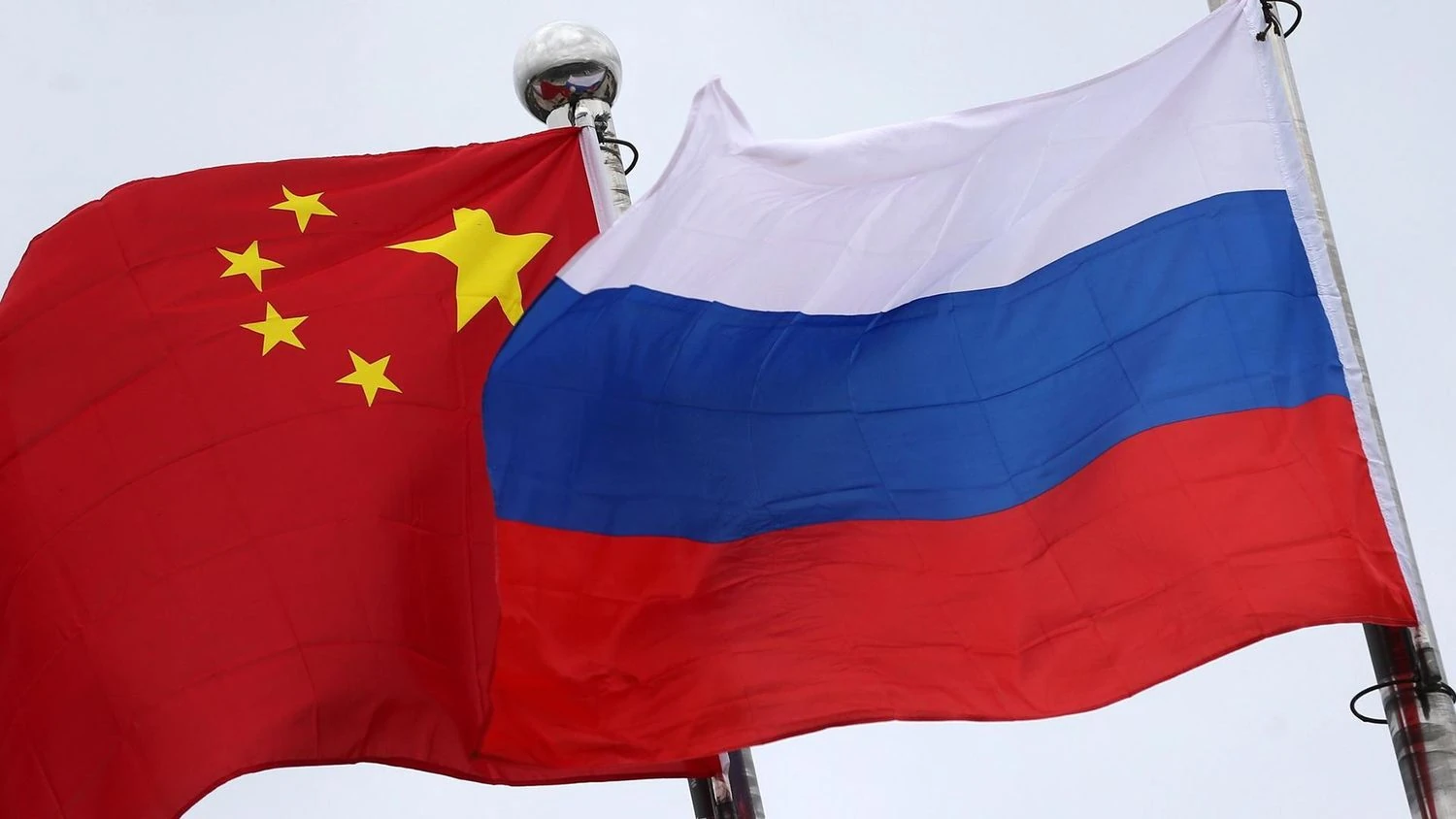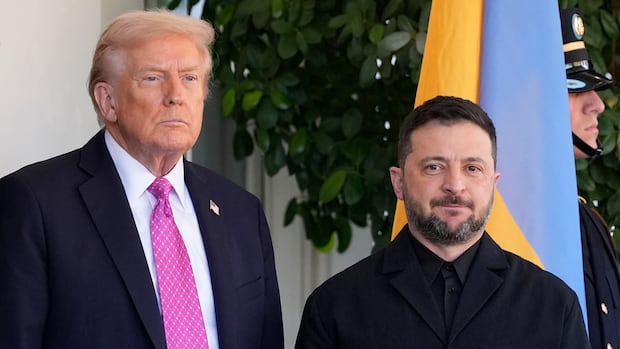Russian dictator Vladimir Putin announced his intention to discuss with Chinese leader Xi Jinping the intensification of cooperation, particularly economic. Putin stated this in an interview with the Chinese state agency Xinhua on the eve of his trip to China to participate in the Shanghai Cooperation Organization summit, writes UNN.
Details
Putin noted that at the invitation of Xi Jinping, he would travel to China, where the parties would thoroughly discuss all aspects of the bilateral agenda and exchange views on current regional and international issues.
Touching upon the topic of bilateral trade, Putin pompously stated that the economic relations between Russia and China have reached an unprecedentedly high level. Since 2021, trade growth has been around $100 billion. In terms of bilateral trade, China is the undisputed leader for Russia, and Russia last year ranked fifth among foreign countries – China’s foreign trade partners. Settlements between the two countries have been almost completely converted to national currencies.
“Economic cooperation, trade, industrial cooperation between our countries are developing in many directions. During my upcoming visit, we will certainly discuss further prospects for mutually beneficial cooperation and new steps to intensify it for the benefit of the peoples of Russia and China,” Putin said.
In addition, Putin boasted that Russia firmly holds the lead in oil and gas exports to China, the two countries continue to work on reducing trade barriers for each other, and in recent years, pork and beef exports to China have been established.
Modi and Putin go to China: political scientist explained their goals29.08.25, 09:25 • 57666 views
Addition
Indian Prime Minister Narendra Modi will meet with Chinese leader Xi Jinping and Russian dictator Vladimir Putin during his first trip to China in seven years amid deteriorating relations between New Delhi and Washington over tariffs.
NATO Secretary General Mark Rutte stated that China and Russia are rapidly and skillfully building up their armed forces.


